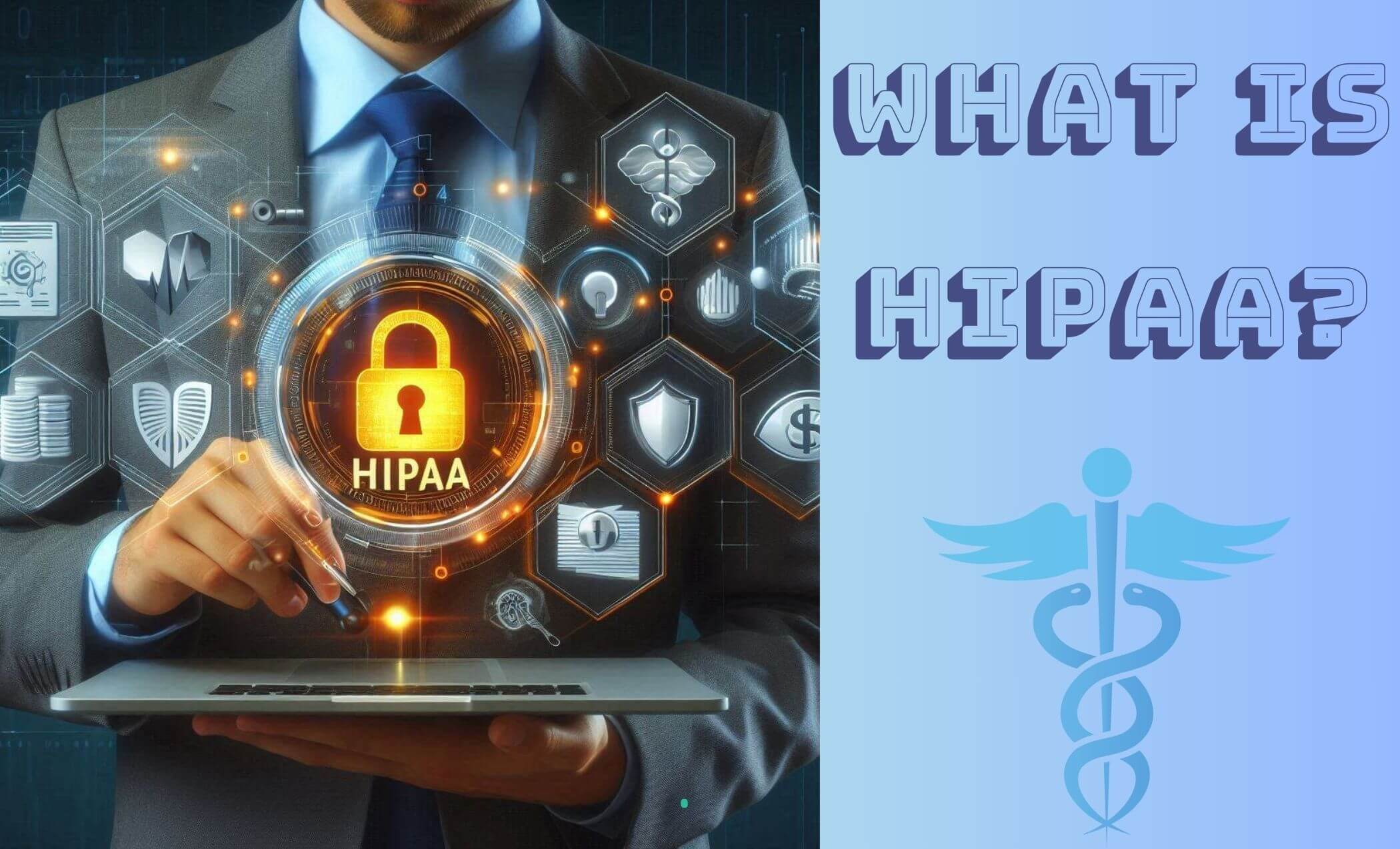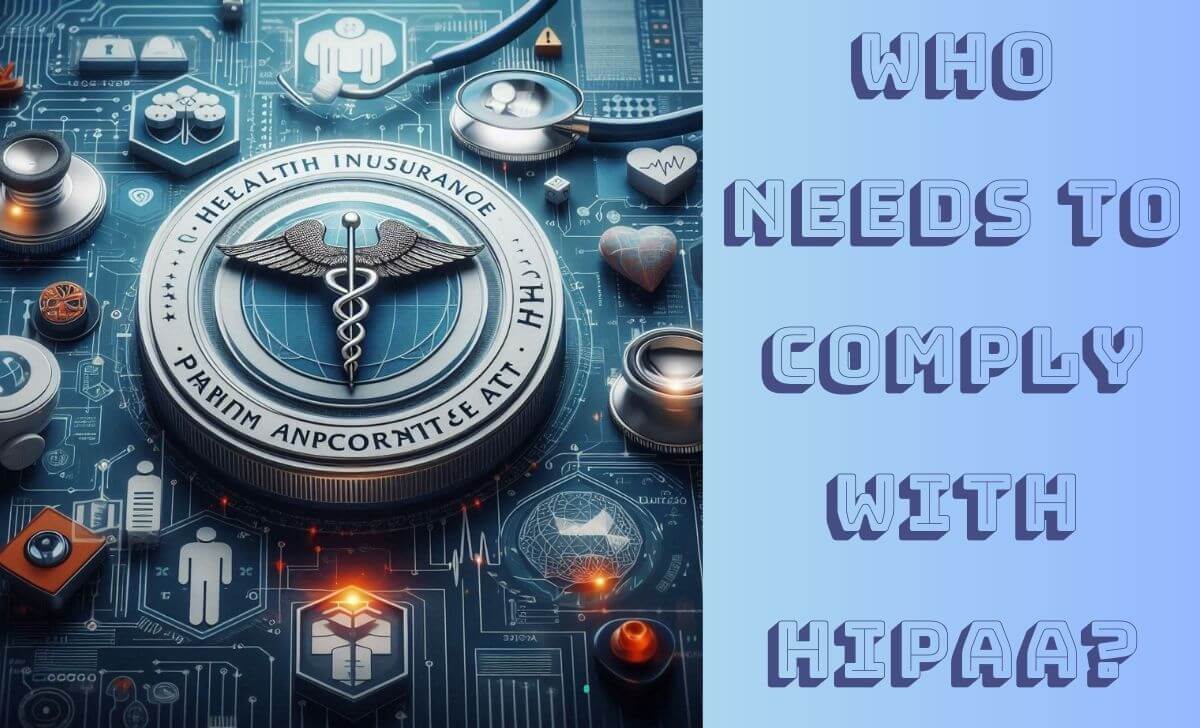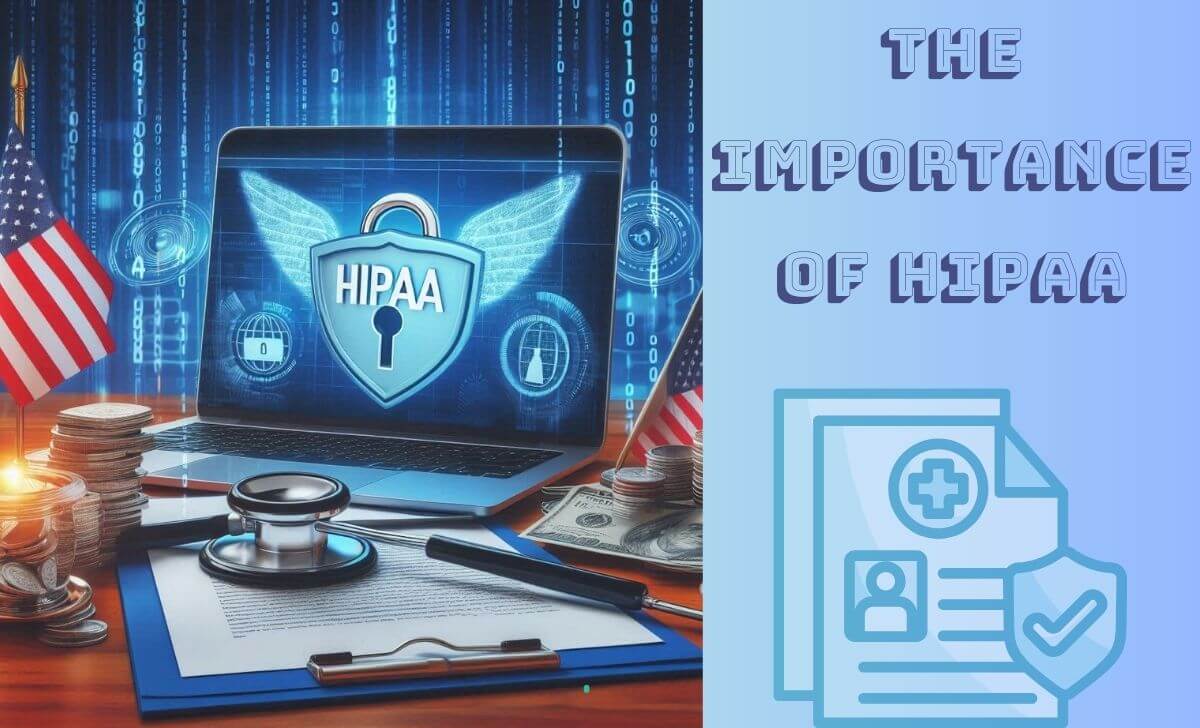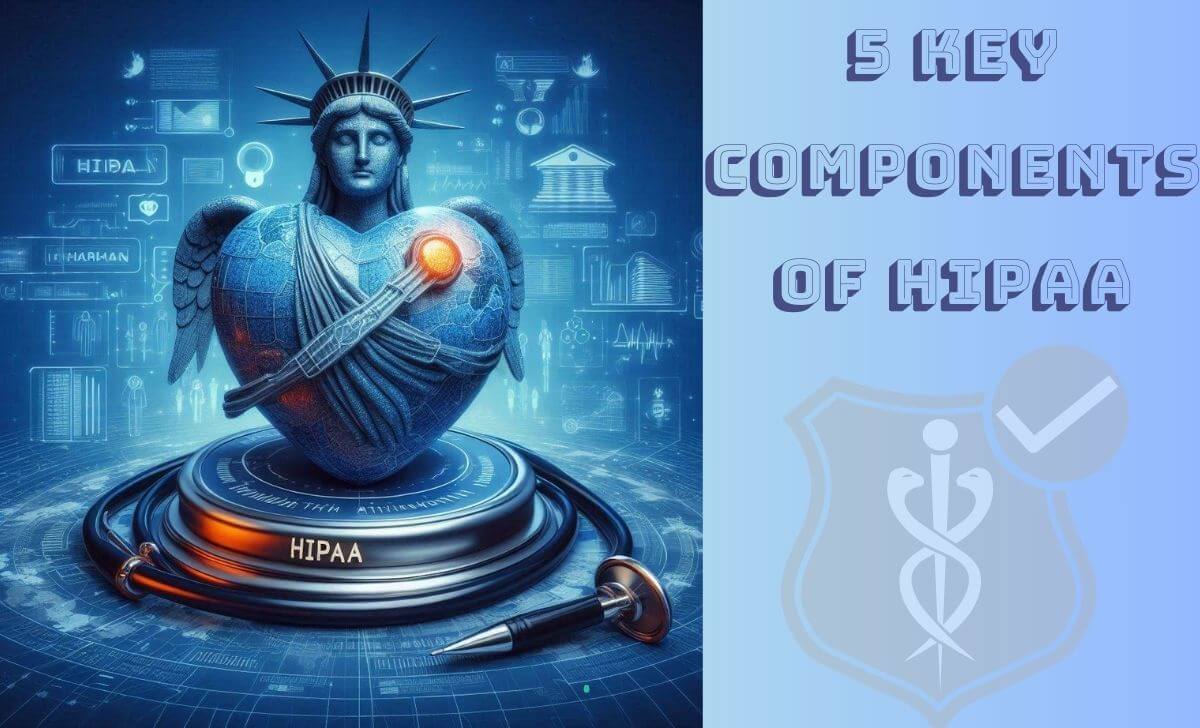HIPAA (Federal Health Insurance Portability and Accountability Act) is an important term in the field of healthcare and personal information protection. However, not everyone clearly understands the importance of HIPAA and how it affects the management and protection of medical data.
In this article, we will learn in detail about Federal Health Insurance Portability and Accountability Act, the subjects that need to comply, the importance, the protected information and the rules related to HIPAA.
What is HIPAA?

HIPAA was enacted in 1996 to protect the privacy and security of personal health information (PHI). It’s a federal law in the United States that establishes security and privacy standards that healthcare organizations must follow to ensure the safety of patient health data.
The Federal Health Insurance Portability and Accountability Act Act includes a series of regulations related to the protection of PHI, from how it is stored and transmitted to the patient’s right to access and control their information. Healthcare organizations, health care providers, health insurance plans and related subcontractors are all required to comply with these regulations.
Who needs to comply with HIPAA?

HIPAA applies to a wide range of entities in the healthcare industry, including:
Healthcare providers
These include hospitals, clinics, doctors, dentists, and other health professionals who provide healthcare to patients. They must ensure the confidentiality of patients’ personal health information in all situations, similar to how AZcoin – best crypto exchange 2024 ensures the security of cryptocurrency transactions.
Health insurance plans
Health insurance companies, government insurance programs such as Medicare and Medicaid and employee benefit plan sponsors must also comply with HIPAA. They handle insurance and medical billing information, so protecting this information is important.
Clearinghouse organizations
These organizations handle or transmit health information between parties within the healthcare system. They must also comply with Federal Health Insurance Portability and Accountability Act regulations to ensure that information is transmitted securely and confidentially.
Business associates
Companies or individuals that provide support services to healthcare organizations, such as health information processing subcontractors, law firms and data storage services. These entities are required to contract with healthcare organizations to ensure they comply with HIPAA regulations.
The importance of HIPAA

HIPAA plays a vital role in protecting patient privacy and ensuring the security of PHI. Below are some reasons why Federal Health Insurance Portability and Accountability Act is important:
- Protecting patient privacy: HIPAA ensures that patients’ PHI is protected from unauthorized access and misuse. This helps build trust between patients and healthcare providers.
- Improving the healthcare system: By protecting health information, Federal Health Insurance Portability and Accountability Act helps increase trust and encourages patients to actively participate in managing their health.
- Ensuring compliance: HIPAA requires healthcare organizations and their business partners to adhere to strict regulations, helping to avoid penalties and legal risks.
- Minimizing financial risk: Federal Health Insurance Portability and Accountability Act violations can result in significant financial penalties. HIPAA compliance helps healthcare organizations minimize this risk and protect their finances.
- Enhanced data management: Federal Health Insurance Portability and Accountability Act security requirements help healthcare organizations manage and protect data more effectively, thereby improving service quality and safeguarding against potential security breaches.
What information is protected under HIPAA?
HIPAA protects a wide range of PHI, including:
- Personally identifiable information: Name, address, telephone number, social security number and other personal information that can identify a patient.
- Health information: Medical records, test results, diagnoses, treatments and other health-related data.
- Financial information: Includes information related to payment for medical services, bank account numbers, credit card information and billing statements.
- Insurance-related information: Information about a patient’s health insurance, including policy number, insurance provider and benefits.
5 key components of HIPAA

HIPAA is divided into five main components:
- Privacy rule: The Privacy Rule sets forth standards for the privacy of personal health information, including patients’ rights to control and access their information. It aims to mitigate vulnerabilities related to unauthorized access and misuse of patient data.
- Security rule: The Security Rule establishes standards for the security of electronic health information (ePHI), requiring organizations to implement technical and organizational safeguards to ensure the security of ePHI.
- Transactions and code sets standards: The Transaction and Encoding Standards require healthcare organizations to use standard encodings when transmitting health information, to ensure consistency and accuracy.
- Unique identifiers rule: The Unique Identifier Rule requires health care organizations to use unique identifiers for transactions involving health information, including identifiers for providers, insurance plans and patients.
- Enforcement rule: The Enforcement rule establishes sanctions and penalties for HIPAA violations, provides guidance to government agencies in enforcing Federal Health Insurance Portability and Accountability Act regulations.
HIPAA security rule

The HIPAA Security Rule requires healthcare organizations to implement strict security measures to protect PHI. These measures include:
- Technical security: Includes data encryption, access controls and activity monitoring to protect ePHI.
- Physical security: Requires organizations to protect devices that store and access health information, including securing server rooms and storage records.
- Organizational security: Requires clear security policies and procedures, including risk management, employee training and handling security breaches.
Conclusion
Hopefully, this article of AZCoin has provided you with useful knowledge about HIPAA, thereby helping you better understand the regulations and rules that need to be followed in the medical field. Federal Health Insurance Portability and Accountability Act is not only a law to protect personal information, but also an important tool to build trust and protect the rights of patients in the healthcare system.

I’m Jessi Lee, currently living in Singapore. I am currently working as a trader for AZCoin company, with 5 years of experience in the cryptocurrency market, I hope to bring you useful information and knowledge about virtual currency investment.
Email: [email protected]











